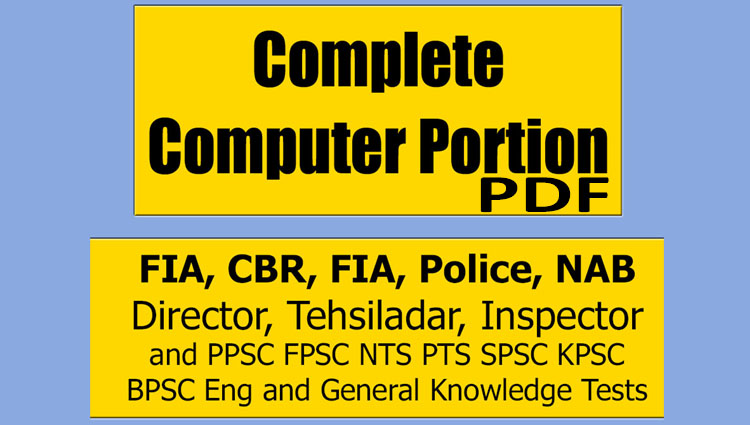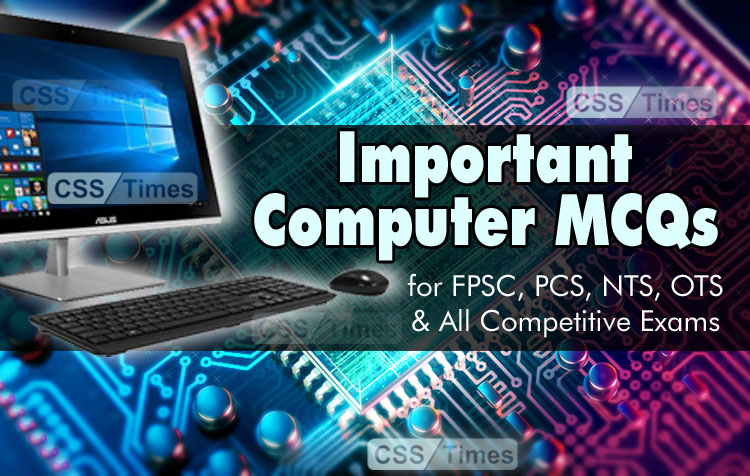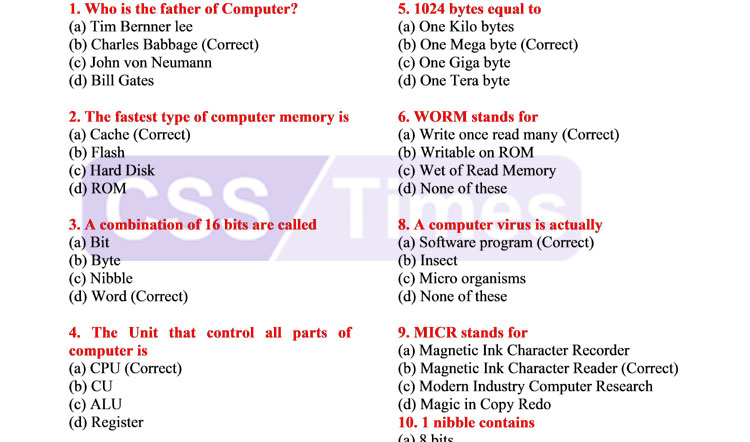Welcome Bingo Bonga Casino Bonus Details
The Bingo Bonga Casino bonus offers an enticing welcome for new players, providing a generous reward that stands out in the competitive world of online casinos. As a new player, you can expect a substantial boost to your initial deposit, allowing you to explore a wide array of games with extra funds. This bonus is designed to give you a head start, enhancing your gaming experience right from the beginning. Whether you’re a fan of slots, table games, or live casino action, the welcome bonus ensures you have more opportunities to win.
No‑Deposit Bingo Bonga Casino Bonus Offer
The Bingo Bonga Casino no deposit bonus provides players with a unique opportunity to explore the casino without any initial investment. This offer is perfect for those who want to test the waters before committing their own money. By simply signing up, you can receive a bonus that allows you to try out various games and get a feel for the casino’s offerings. It’s a risk-free way to start your gaming journey and potentially win real money without spending a dime.
Free Spins Bingo Bonga Casino Bonus Package
The Bingo Bonga Casino slots no deposit bonus includes a fantastic free spins package, allowing players to enjoy top slot games without making a deposit. These free spins are a great way to experience the thrill of spinning the reels and discovering exciting features in popular slot titles. With no financial commitment required, you can dive into the action and see if luck is on your side.
Reload Bingo Bonga Casino Bonus & Weekly Top‑Ups
The Bingo Bonga Casino reload bonus is designed to keep players engaged by offering additional rewards with each subsequent deposit. This ongoing promotion ensures that your gaming experience remains exciting and rewarding. With regular weekly top-ups, you can enjoy extra funds to play your favorite games, making every deposit feel like a winning move.
Cashback Bingo Bonga Casino Bonus Protection
The cashback bonus at Bingo Bonga Casino provides players with a way to recoup some of their losses. This protective measure ensures that even if luck isn’t on your side, you can still recover a portion of your wagers. It’s a comforting safety net that allows you to continue enjoying the games without the fear of losing everything.
Key Bingo Bonga Casino Bonus Terms & Conditions
Bingo Bonga Casino offers a range of bonuses, but it’s important for players to be aware of the typical terms and conditions attached to these offers. Understanding the wagering requirements, eligible games, and expiration dates is crucial to making the most of your bonuses. Always read the fine print to ensure you know exactly how to benefit from these promotions.
Contact Us
Your Message is successfully sent






